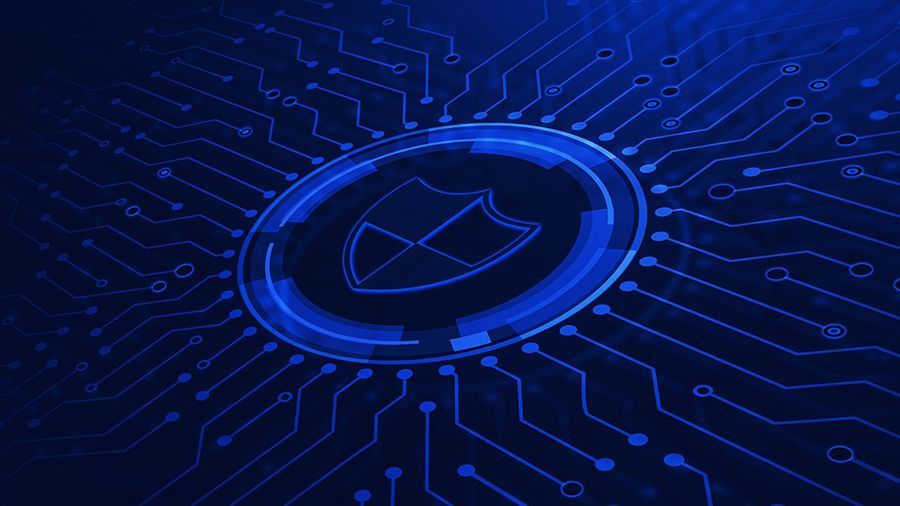Tezos developers are planning a network update called Edo. The implementation of the Zcash Sapling library will allow hiding transactions on the Tezos blockchain.
According to the statement, developers Tezos Nomadic Labs, Marigold and Metastate have submitted several proposals for the next network update – Edo. The update will bring privacy features and other improvements:
“No other major smart contract platform supports these features yet, but we can add these tools directly to the blockchain.”
In mid-November, Tezos developers successfully activated the Delphi update, which significantly lowered smart contract fees. With this move, Tezos hopes to attract DeFi project creators.
“Although Delphi was launched on November 12, it was offered on September 3. Over the past months, we have been hard at work on the core Tezos software and have made significant improvements that we want to share with network users, ”the developers said.
The first new feature in Edo will be the implementation of Sapling, a library originally developed by Electric Coin Company for the Zcash blockchain. As with Zcash, Sapling will allow you to hide transactions. Tezos developers will be able to integrate this feature into their smart contracts and applications for which privacy is important.
The second addition to Edo will be a ticket system. According to the developers, it is “a convenient mechanism for smart contracts to provide portable permissions to other smart contracts or to issue tokens.” According to the statement, while somewhat similar functionality can be achieved using existing methods, tickets should greatly simplify the process for third-party developers.
Edo introduces the so-called “fifth period”, which will make it easier to roll out updates in the future. It now takes about one block (60 seconds) to trigger new versions of the protocol after voting is complete, making it difficult for some bakers, indexers and other Tezos users to update their nodes smoothly. To address this issue, the Tezos developers have proposed extending the update period so that users have more time to prepare.
“Under the new system, instead of four periods of eight cycles during voting, we propose to use five periods of five cycles. The “fifth period” will be five cycles between the adoption of a new protocol and the time of its launch, which, in our opinion, will help ensure a smooth transition between protocols, “the developers write.
In addition, Edo’s proposal contains several minor bug fixes to further improve performance and reduce gas costs.







